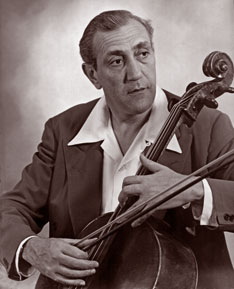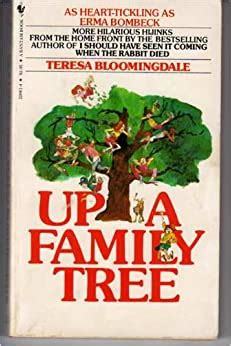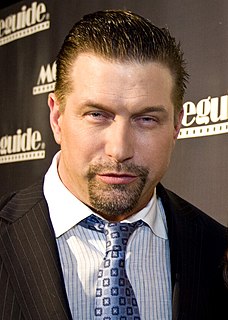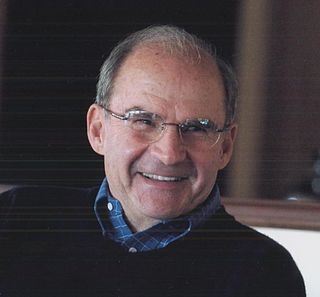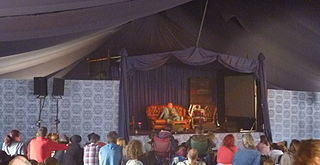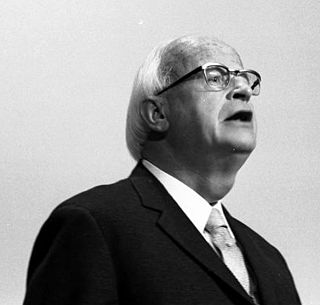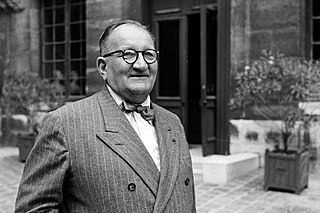A Quote by Gregor Piatigorsky
Those who know the marvels of chess and wonder why this game of all games does not enjoy greater popularity may also ask why Pepsi-Cola is consumed by more people than Chateau Lafite, or the Beatles are more familiar than Beethoven.
Related Quotes
Chess is more than a game or a mental training. It is a distinct attainment. I have always regarded the playing of chess and the accomplishment of a good game as an art, and something to be admired no less than an artist's canvas or the product of a sculptor's chisel. Chess is a mental diversion rather than a game. It is both artistic and scientific.
I know a lot of Christians who have been in ministry and walked away from it because the pressure can be too great. And there's a lot of Christians who at the same time would say like well why does God do [certain things]. What I found is Christians regardless of whatever their experience is who trust God more and learn to go through those moments of challenge and persevere. Usually the end result is an experience and interaction with the Holy Spirit that's greater than it was previously. And for me, there is no pursuit that I desire or enjoy more than that interaction.
People are interested in certain ideas, in certain periods, and then that moves, and okay, now people are more interested in studying this, and there is no perfect balance, and how would you know what the perfect balance is? I mean, what does it mean to have too many Beethoven chairs and too few Stravinsky chairs? I mean, that's kind of a value judgment that isn't really based on humility. We don't know what the optimum number is, so let people figure this out on their own. People are more interested in Beethoven than Stravinsky? Great! Why would that bother me?
Coca-Cola is little more than sugar, some flavoring, and lots of (carbonated) water. It is largely indistinguishable from innumerable other brands of cola, yet people around the world seem to think that Coca-Cola is something and they are eager to ask for it by name and even to pay a premium for it.
Nothing in this world is more powerful, or more dangerous, than the truth. That's why some people go to such lengths to avoid hearing it. It may also be why others strive so hard to keep their conversations empty. They wouldn't want to find themselves accidentally saying something meaningful that might bring about a change.
This is not just a simple story of "money can't buy happiness." Or maybe that's just what it is. And if it is, why shouldn't it be? Because if this is something we are already supposed to know, then why don't we know it? Why do we chase and scrabble and fight for things to flaunt, why? Why do we reach for power over other people, and through the thin superiority of our possessions, believe we have it? Why do we let money make people bigger, and allow those without it to be made smaller? How did we lose the truth in the frantic, tribal drumbeat of more, more, more?
I was a bartender for a long time, so I know how to make drinks, but I'm more likely to offer them than to have them. I think this is one of the reasons why I get to live longer than my great-grandmother did, and why I get to produce more writing than she did, and why my marriage isn't in dire straits.
Why?" she screamed. "Are you crazy? You know the English subjunctive, you understand trigonometry, you can read Marx, and you don't know the answer to something as simple as that? Why do you even have to ask? Why do you have to make a girl SAY something like this? I like you more than I like him, that's all. I wish I had fallen in love with somebody a little more handsome, of course. But I didn't. I fell in love with you!
Why does it seem to be more and more challenging to find a perfect mate or maintain a happy and compatible relationship? Was love always this difficult? Haven't we heard stories of people being truly fulfilled and happy in love? Is love a myth? There are more people on the planet than ever before, and traveling the world has never been easier. Not only that; now we can use technologies like the Internet to connect with others. So what is the problem? Why does it seem to be more complicated than ever to meet the right person and live happily ever after?
This is more a personal quibble of mine, but why do you hate freedom? Why do you hate the fact that other people want a chance to live their lives and be happy, even though they may believe in something different than you, or act different than you? How does gay marriage, in any way shape or form, affect your life?
It is also possible to say precisely why. Truth seduces us very easily into a kind of joy of possession: I have comprehended this and that, learned it, understood it. Knowledge is power. I am therefore more than the other man who does not know this and that. I have greater possibilities and also greater temptations. Anyone who deals with truth - as we theologians certainly do - succumbs all too easily to the psychology of the possessor. But love is the opposite of the will to possess. It is self-giving. It boasteth not itself, but humbleth itself.
Why are there organized beings? Why is there something rather than nothing? Here again, I fully understand a scientist who refuses to ask it. He is welcome to tell me that the question does not make sense. Scientifically speaking, it does not. Metaphysically speaking, however, it does. Science can account for many things in the world; it may some day account for all that which the world of phenomena actually is. But why anything at all is, or exists, science knows not, precisely because it cannot even ask the question.
